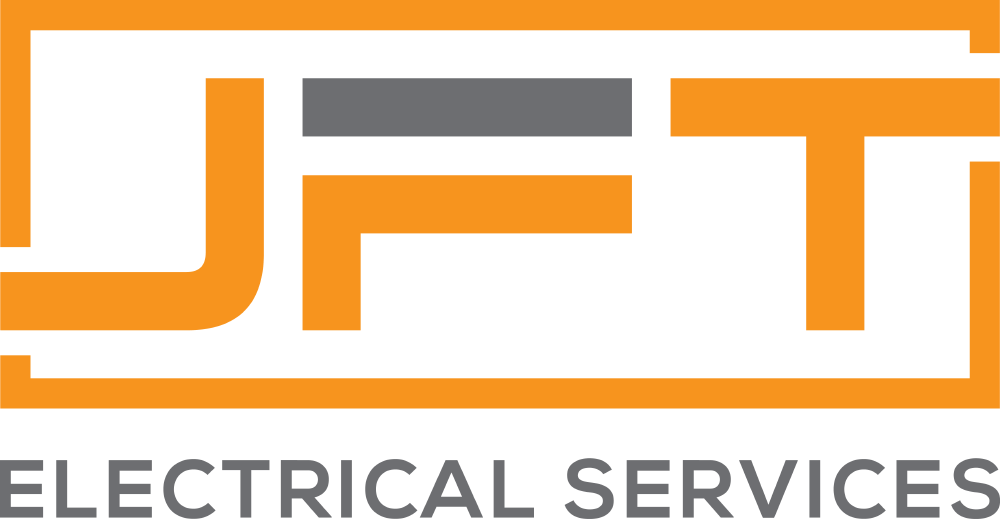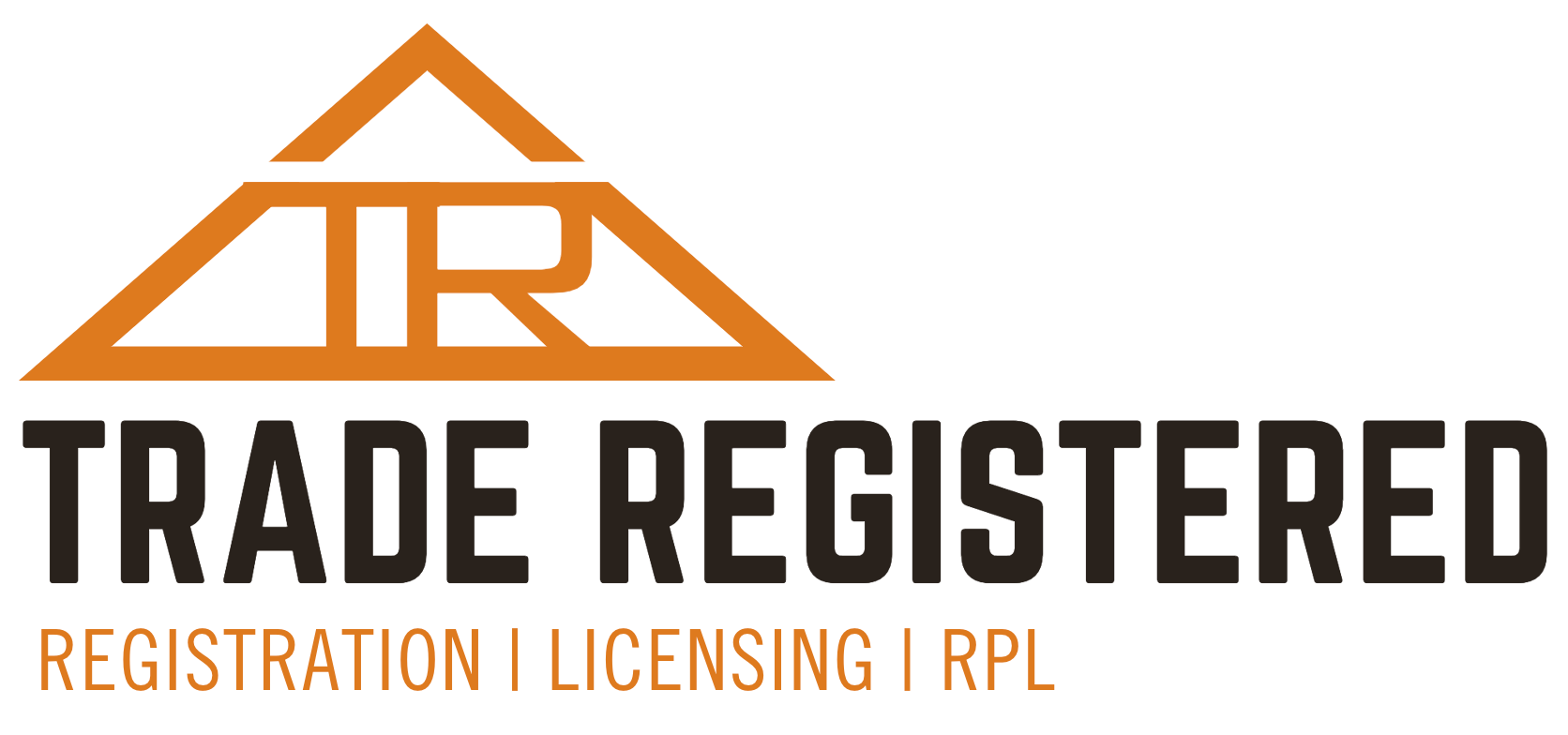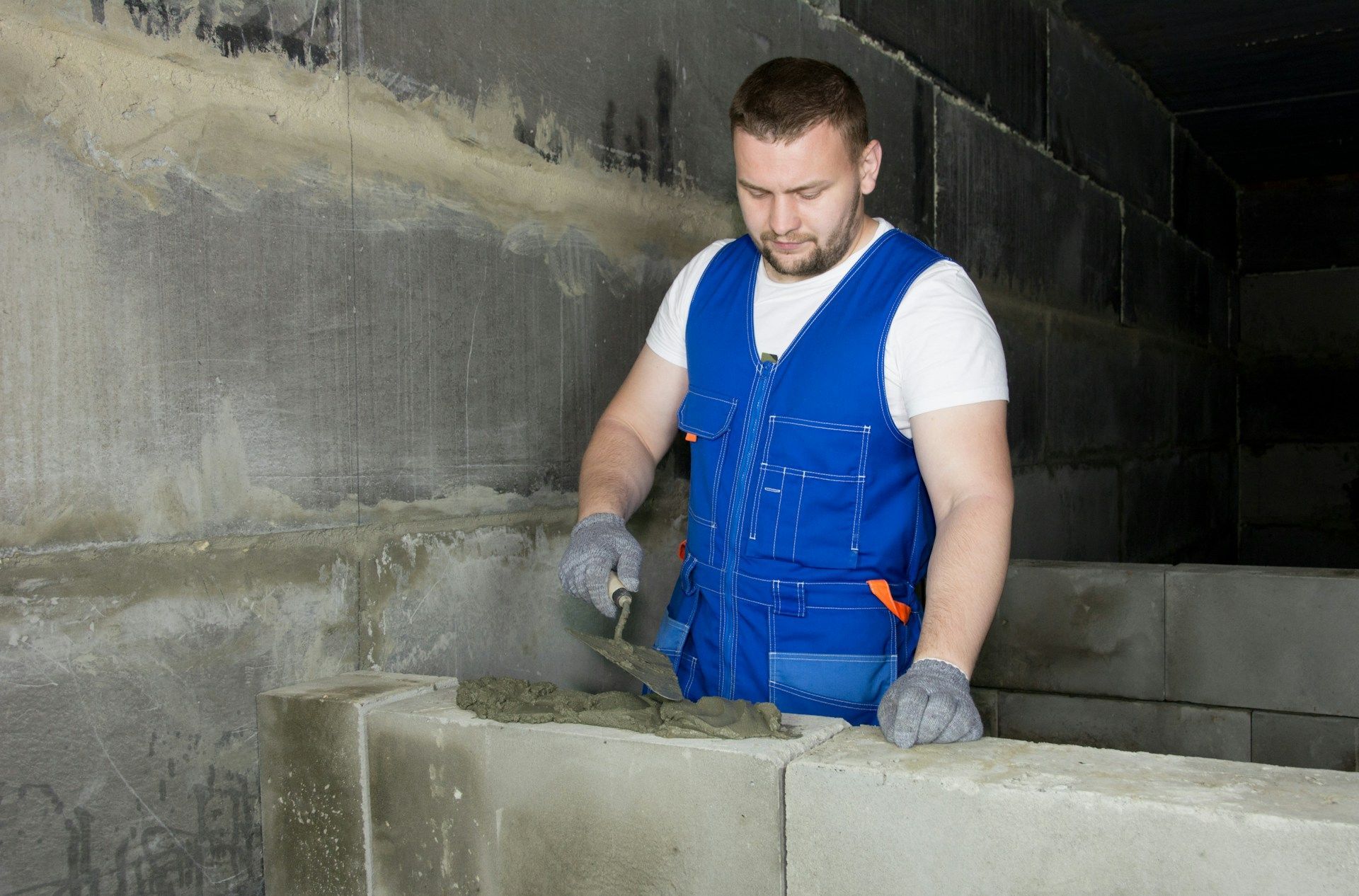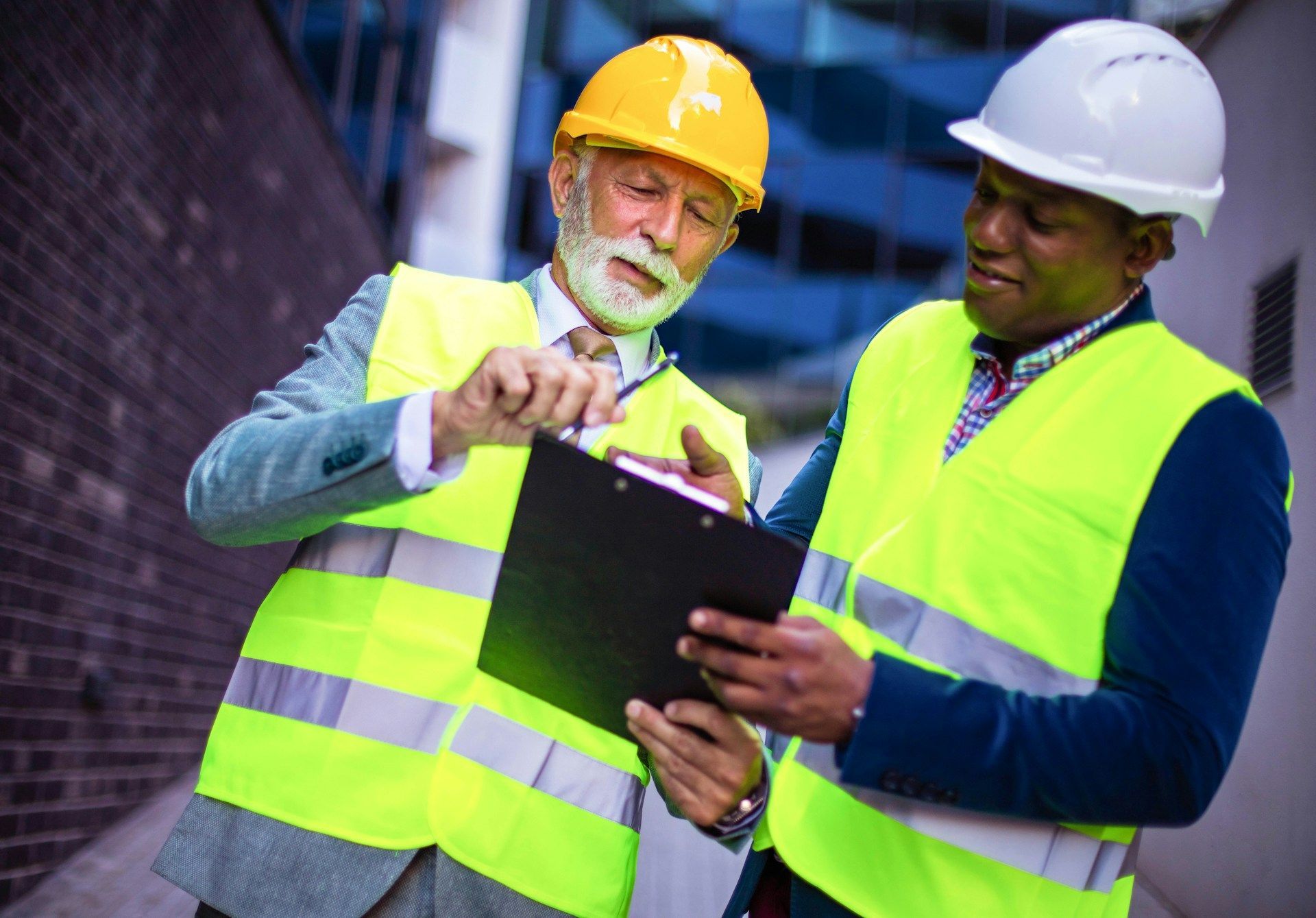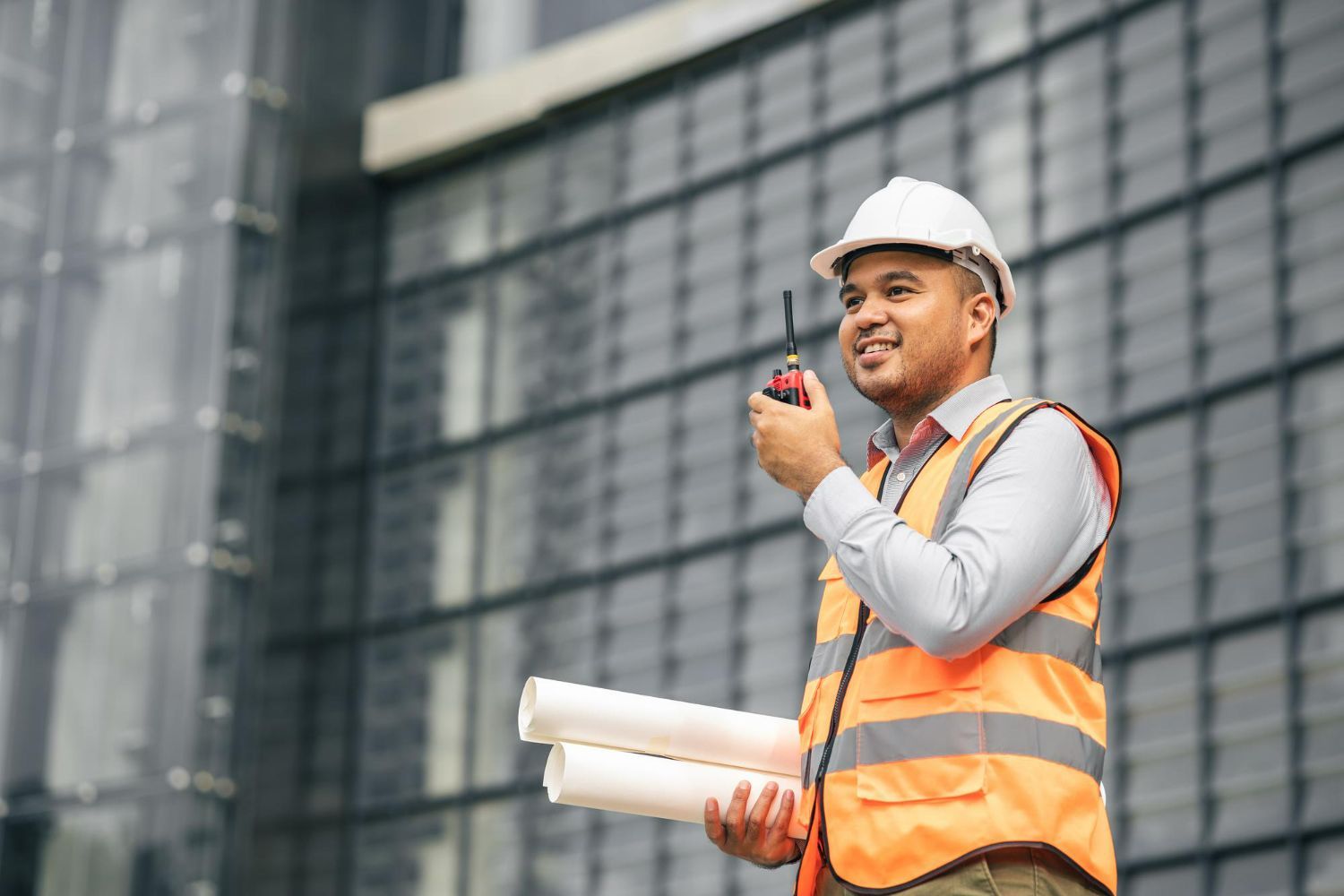Tips for Meeting the Builder's Licence Requirements
Meeting the builder's licence requirements in Victoria is a fundamental step for any aspiring builder aiming for success in the industry. Whether you're just beginning your career or you're a seasoned professional, understanding the requirements ensures that you stay on the right path. Having a builder’s licence not only validates your skills but also opens up opportunities for larger projects, increased trust from clients, and a competitive edge in the marketplace. It positions you as a reliable professional who meets industry standards, which can lead to more rewarding projects and long-term career growth.
Moreover, Victoria's construction industry is known for its high standards, and meeting these requirements means you can contribute effectively to this thriving sector. By following the correct steps and ensuring compliance, you also protect yourself from legal hassles and other complications. Remember, a well-prepared application process sets the stage for a successful building career. In the sections that follow, you'll find practical tips on how to navigate these requirements effectively.
Understand the Basic Requirements
Before embarking on the journey to obtaining your builder's licence in Victoria, it’s important to grasp the basic requirements. Here’s what you need to know:
- Educational Achievements:
At the heart of the licensure process are specific educational qualifications. Generally, a Certificate IV in Building and Construction (Building) is required as the baseline qualification. This not only lays the groundwork but also ensures that you possess the foundational knowledge necessary to operate within the industry.
- Certifications and Training:
Beyond the basic qualifications, you might need additional certifications that focus on specialised areas within building and construction. These can include training in workplace safety, project management, or sustainable building practices, each tailoring your expertise to specific needs in the market.
- Familiarity with Local Laws:
Knowledge of local building codes and regulations plays a key role. Understanding these codes is crucial because they influence not just the licensure process, but your daily work practices. Engaging in training sessions or workshops can enhance your knowledge, keeping you updated with changes in regulations.
Understanding these foundational requirements helps build your confidence as you step into the world of licensed builders. Knowing what lies ahead, and preparing accordingly, makes the journey less daunting and more rewarding. By aligning your educational qualifications and certifications with Victorian standards, you position yourself well within the industry and set the stage for future successes.
Gain Relevant Experience
Stepping into the building industry means acquiring hands-on experience that's highly valued during the licensing process. Practical experience acts like a bridge between theoretical knowledge and real-world application, ensuring you understand the ins and outs of building work. Employers and licensing boards look for this on-the-job training as it builds your skills and confidence in handling various building tasks.
One effective way to gain this experience is through apprenticeships. These programs let you learn from seasoned professionals, allowing you to see first-hand the processes involved in construction projects. By working under the supervision of experienced builders, you develop a solid foundation in the trade. Another route is entry-level positions at construction sites. Even roles that might seem minor at first play a big part in familiarising you with the building environment and the teamwork required.
To further broaden your experience, try involving yourself in diverse projects. Working on different types of builds, whether residential or commercial, can provide varied insights and skill enhancement. This diversity in work experience not only enriches your understanding but also strengthens your licence application by showcasing a wide range of abilities.
Know the Legal and Regulatory Framework
Navigating the building landscape in Victoria requires an up-to-date understanding of its legal and regulatory environment. Regulations and codes exist to ensure safety and quality in construction, making them an integral part of the licensing requirements.
Builders must adhere to various regulations such as the Building Act, the Building Regulations, and specific local council requirements. These codes dictate aspects like materials, work methods, and safety protocols, ensuring that every build meets standard compliances. Ignoring these can result in penalties or even licence suspension, so keeping informed is crucial.
Staying updated with these codes involves continuous learning. Attending workshops, subscribing to industry newsletters, or becoming a member of professional building associations can keep you informed about changes. By actively engaging in these educational opportunities, you maintain a fresh perspective on regulatory evolutions, making sure your practices remain compliant and industry-relevant.
Prepare Thorough Documentation
Approaching the licence application process with the right documentation in hand can make a world of difference. A well-organised set of documents not only streamlines the application process but also demonstrates your professionalism and readiness to the licensing board.
You'll need to gather proof of your educational qualifications, such as transcripts and certificates. Documenting your work experience is also key. This includes providing references or letters from previous employers detailing your role and the time spent on various projects. These elements collectively build a strong narrative of your capabilities.
For smooth preparation:
- Organise diplomas, certificates, and transcripts in labelled folders, both digitally and physically.
- Maintain a detailed log of your work experiences with dates and descriptions of your roles.
- Keep all correspondence related to your licensure application available for easy access and follow-up.
Having everything neatly organised ensures that if questions arise, you can instantly provide the necessary documentation, avoiding delays in your application process.
Final Tips for a Successful Licence Application
Approaching the licence application with a strategic mindset can enhance your chances of success. Preparation and careful consideration of each step can lead to a seamless process.
Firstly, double-check your application for completeness. Confirm that no sections are left empty and ensure all proof of qualifications and experience is attached. Triple-check your contact information to avoid potential mishaps in future communication regarding your application.
Next, be ready to address potential pitfalls early by reviewing common errors other applicants have made. Misunderstandings about legal requirements or missing documents can set back your timeframe significantly. Having a checklist can assist in ticking off each requirement and help maintain organisation throughout the process.
In the end, focus on presenting your skills and experiences comprehensively and clearly to the licensing board. This ensures that your application stands out and undersells your competencies in meeting the builder's licensing requirements. With thorough preparation and strategic documentation, you'll likely see a positive outcome, paving the way for your future in Victoria as a licensed builder.
Ready to start your building career on the right foundation? By understanding the
builder's licence requirements, you equip yourself with the knowledge needed for a successful application. Let Trade Registered guide you through this process, ensuring you're well prepared to meet the industry's high standards in Victoria. Take this important step toward a promising future as a licensed builder with expertise and confidence.
